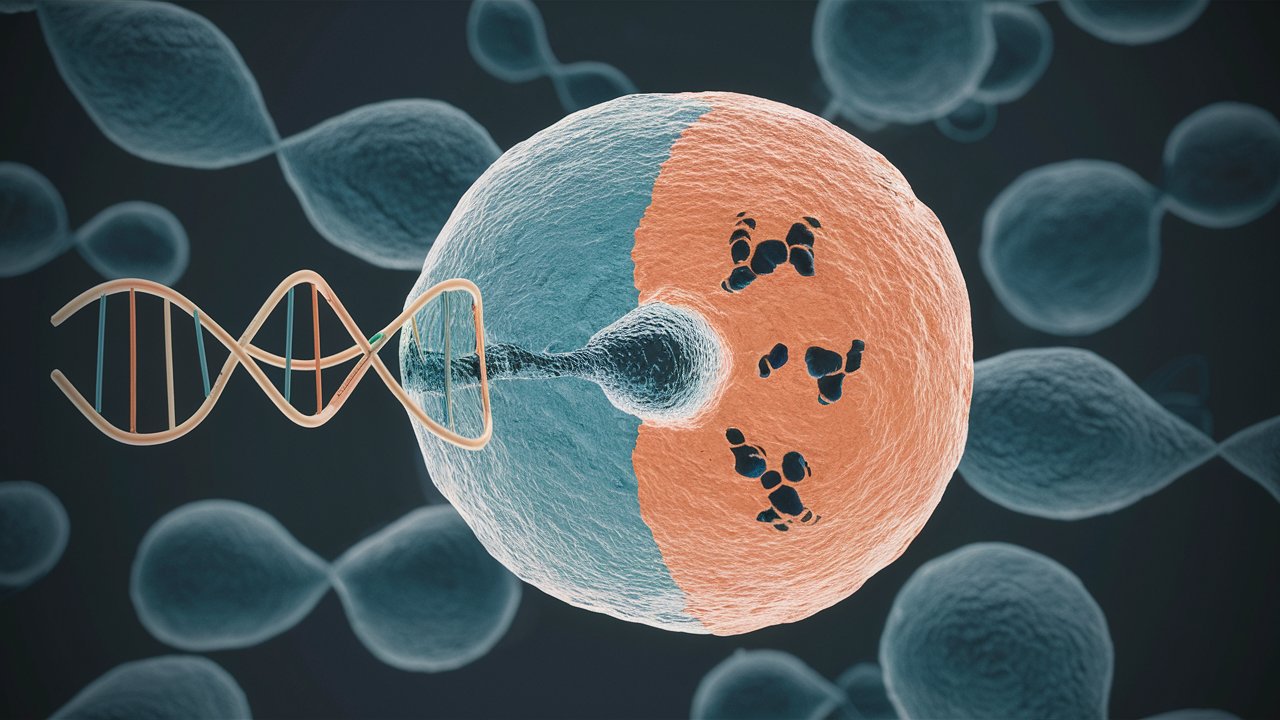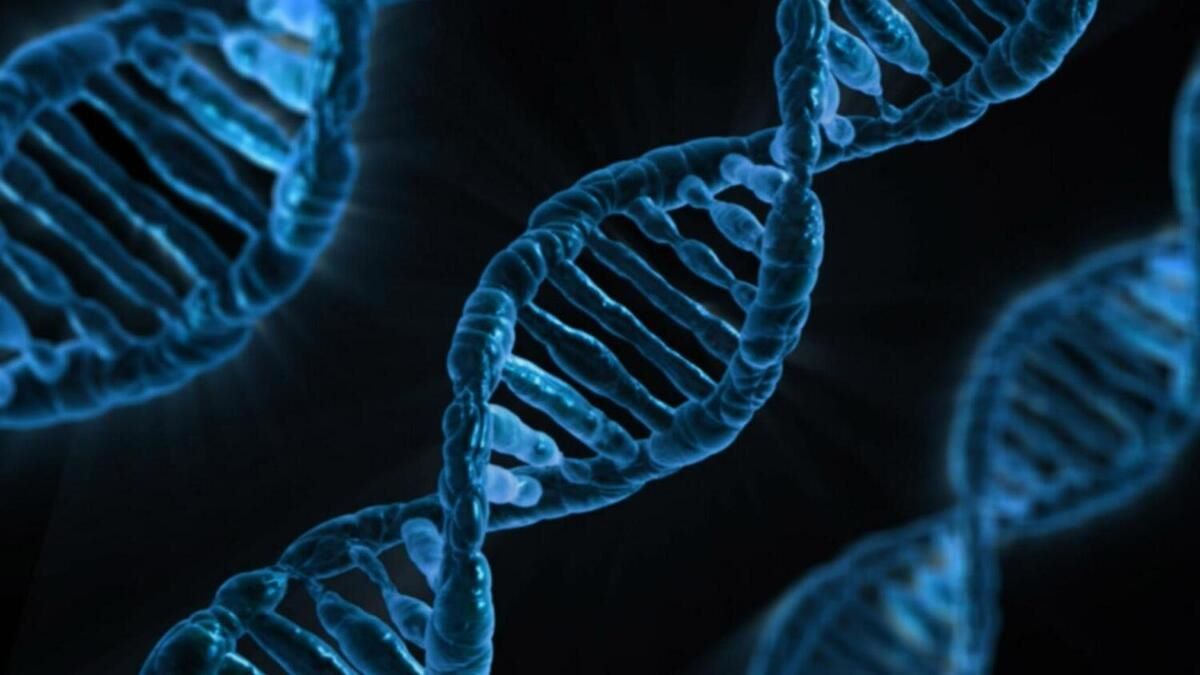
What is Diploid Triploid Mosaicism? Diploid Triploid Mosaicism is a rare genetic condition where a person has two different sets of cells in their body: one with the usual 46 chromosomes (diploid) and another with 69 chromosomes (triploid). This mix can lead to various physical and developmental differences. Symptoms can vary widely but may include growth delays, intellectual disabilities, and distinctive facial features. Diagnosis often involves genetic testing like karyotyping. Understanding this condition can help families and healthcare providers manage and support those affected. Let's dive into 20 intriguing facts about Diploid Triploid Mosaicism to shed light on this complex condition.
What is Diploid Triploid Mosaic?
Diploid Triploid Mosaic is a rare genetic condition where some cells in the body have two sets of chromosomes (diploid) while others have three sets (triploid). This mix can lead to various physical and developmental differences. Here are some intriguing facts about this condition.
-
Chromosome Count: Humans typically have 46 chromosomes in each cell. In Diploid Triploid Mosaic, some cells have 69 chromosomes.
-
Mosaicism: The term "mosaic" refers to the presence of two or more populations of cells with different genotypes in one individual who has developed from a single fertilized egg.
-
Rarity: This condition is extremely rare, with only a few hundred cases reported worldwide.
-
Diagnosis: It is usually diagnosed through genetic testing, such as karyotyping or chromosomal microarray analysis.
-
Physical Features: Individuals may have distinctive facial features, including a small head, wide-set eyes, and low-set ears.
-
Growth Delays: Many affected individuals experience growth delays, both prenatally and postnatally.
-
Developmental Delays: Developmental milestones, such as walking and talking, may be delayed.
-
Intellectual Disability: Some individuals may have mild to moderate intellectual disabilities.
-
Heart Defects: Congenital heart defects are common in individuals with this condition.
-
Skeletal Abnormalities: Skeletal issues, such as scoliosis or limb abnormalities, can occur.
How Does Diploid Triploid Mosaic Affect Health?
This condition can impact various aspects of health, leading to a range of medical issues. Understanding these effects can help in managing the condition better.
-
Immune System: Some individuals may have a weakened immune system, making them more susceptible to infections.
-
Kidney Problems: Kidney abnormalities, including structural issues or impaired function, can be present.
-
Vision Issues: Vision problems, such as strabismus or refractive errors, are common.
-
Hearing Loss: Hearing impairments, ranging from mild to severe, can affect individuals.
-
Seizures: Some individuals may experience seizures, requiring medical management.
-
Hormonal Imbalances: Hormonal issues, such as thyroid dysfunction, can occur.
Living with Diploid Triploid Mosaic
Living with this condition involves managing various symptoms and seeking support from healthcare professionals and support groups.
-
Therapies: Physical, occupational, and speech therapies can help improve skills and quality of life.
-
Regular Monitoring: Regular check-ups with a variety of specialists are essential for managing health issues.
-
Support Groups: Connecting with support groups can provide emotional support and practical advice for families.
-
Individualized Care: Each person with Diploid Triploid Mosaic is unique, requiring personalized care plans tailored to their specific needs.
Final Thoughts on Diploid Triploid Mosaic
Diploid Triploid Mosaic is a rare genetic condition that results from an unusual mix of cells with different chromosome numbers. This mosaicism can lead to a variety of physical and developmental differences, making each case unique. Understanding the basics of this condition helps in recognizing its impact on individuals and their families.
Early diagnosis and intervention are crucial for managing symptoms and improving quality of life. Genetic counseling can provide valuable support and information for affected families. While research continues to uncover more about this condition, awareness and education remain key in providing the best care and support.
By learning about Diploid Triploid Mosaic, we can foster a more inclusive and understanding environment for those affected. Knowledge empowers us to offer better support and compassion to individuals living with this rare genetic condition.
Was this page helpful?
Our commitment to delivering trustworthy and engaging content is at the heart of what we do. Each fact on our site is contributed by real users like you, bringing a wealth of diverse insights and information. To ensure the highest standards of accuracy and reliability, our dedicated editors meticulously review each submission. This process guarantees that the facts we share are not only fascinating but also credible. Trust in our commitment to quality and authenticity as you explore and learn with us.


